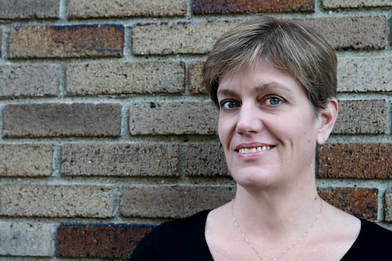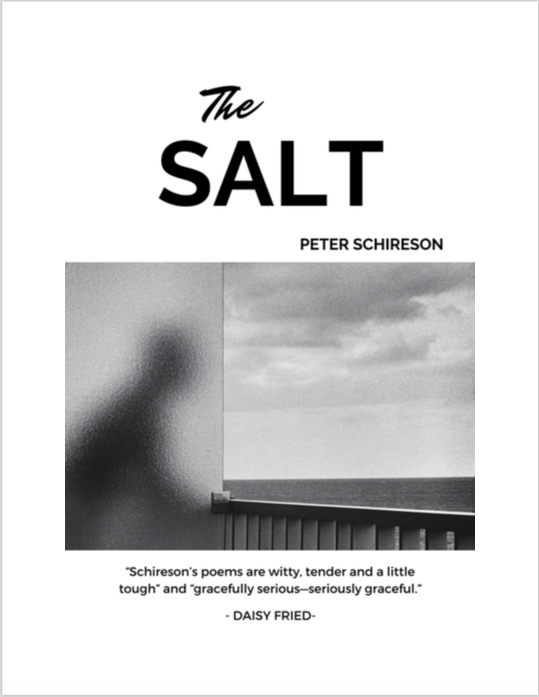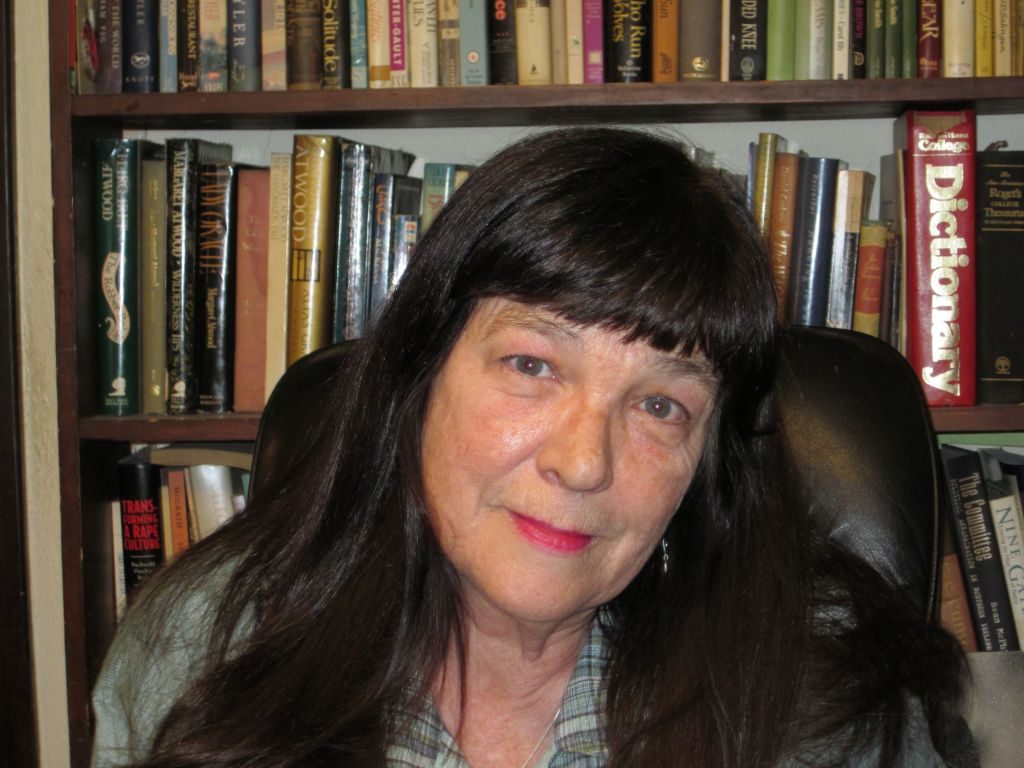 An excerpt from the novel Car Trouble, by Robert Rorke (fiction, ’10) from Harper Perennial Paperback Original:
An excerpt from the novel Car Trouble, by Robert Rorke (fiction, ’10) from Harper Perennial Paperback Original:
From Car Trouble
One Sunday morning a few weeks later, we came down to breakfast and found Himself slumped on the kitchen floor, back against the white enameled oven door. Mom leaned against the sink, sipping a cup of coffee in her pink flannel nightgown, and looked down at him, as if trying to figure out how she was going to lift him—or if she was just going to leave him there.
He was conked out. If you screamed in his ear, he wouldn’t have heard you. We’d found him passed out before, usually at the kitchen table, but never on the floor. Did he fall off the kitchen chair? He looked like the guys you saw on the Bowery. How do you come home like that, so drunk you just collapse? I didn’t want to see him like that and almost went back to my room until Mom hustled him upstairs.
I waited with my sisters in the dining room for the okay to walk in. Mom put the coffee cup down and waved us over. I went
firstMom lit a cigarette on the gas burner and took a long drag on it. “She’s all yours,” she said, pointing.
As shocked as we were to see Himself in such bad shape, the bigger surprise was the dog. She was reclining next to his bent left leg, a tricolor collie blinking at us in the most bewilderedway, as if she were waiting for us to tell her what she was doing here, in our kitchen. She was really very striking, even beautiful. Her coat was mainly black. Her forelegs were brown, her paws and chest white. Her snout was longer and narrower than most collies, with a thin stripe of white in the brown. It gave her a slightly aristocratic air. In this house she was going to need it.
Like me, my sisters were half-asleep. Ringlets of damp hair stuck to their necks and temples.
Maureen immediately knelt to pet the dog. “Look at you,” she said into the dog’s confused, melancholy face. She looked up at Mom. “Where’d she come from?”
“Your father brought her home from a bar. Where else? Who wants coffee?”
The aroma of a freshly perked pot filled the kitchen. I raised my hand. “I do.”
Maureen glanced at Dad. “He’s really smelly, Mom.”
I didn’t plan to get that close. A thread of drool hung from his lip, a pack of Pall Malls crushed in his shirt pocket. I checked the clock over the kitchen window. Eight a.m.
Maureen gently unbent his leg to free the animal. Now Dad was sitting with his legs spread out in front of him, blocking the way to the sink. Standing on his other side, Mom poured coffee into cups that she took from the drainboard and passed them over Dad’s head to Dee Dee, who put them on the table.
“Let’s get her some water,” Maureen said. Mom filled a Tupperware cereal bowl and passed it to Maureen. The collie lapped up half of it and then reclined on the floor next to Himself, crossing her front paws. Master and pet, in repose.
“Ooh, she’s such a lady,” I said. “Definitely not the saloon sort. What did he say when he brought her in?”
“What was there to say?” Mom said, flustered. “He opened the door and said, ‘I got something here for the kids.’ I looked out at the front porch and there she was.”
Having the dog there made it possible to overlook Himself, as if he were a sofa too cumbersome to move.
“Well, she’s pretty and that’s nice,” Patty said. “What’s her name?”
“I don’t know if she has one,” Mom said, wiping her glasses on a hand towel. “I think that’s up to you kids.”
We all looked at her.
“Well, we could name her after the bar where he found her,” I said.
Maureen shot me a rueful look. “Like what? Dew Drop.”
“We are not naming her Dew Drop,” said Patty. “Don’t be such an ass.”
“No, I think we’ll name her Queenie,” Maureen said.
She was always so pushy. “Hey, who says you get to decide?” I asked.
Mom took a ratty leather harness off the closet doorknob and handed it to Maureen. “Before you worry about giving her a name, why don’t you get dressed and take her out for a walk? Your father swore she was housetrained.”
We threw our clothes on and walked the dog together, the five of us. Me, Maureen, Patty, and our two youngest sisters, Dee Dee and Mary Ellen. I found my sneakers under the couch in the living room and helped Maureen put the harness on the dog. I felt the hairless skin under her coat. Himself was grum- bling on the kitchen floor.
“Go on now, while I get him up to bed,” Mom said.
 An excerpt from “Afterlife (Jaipur, 2008)” by Chloe Martinez (poetry, ’09) published at Waxwing:
An excerpt from “Afterlife (Jaipur, 2008)” by Chloe Martinez (poetry, ’09) published at Waxwing:












